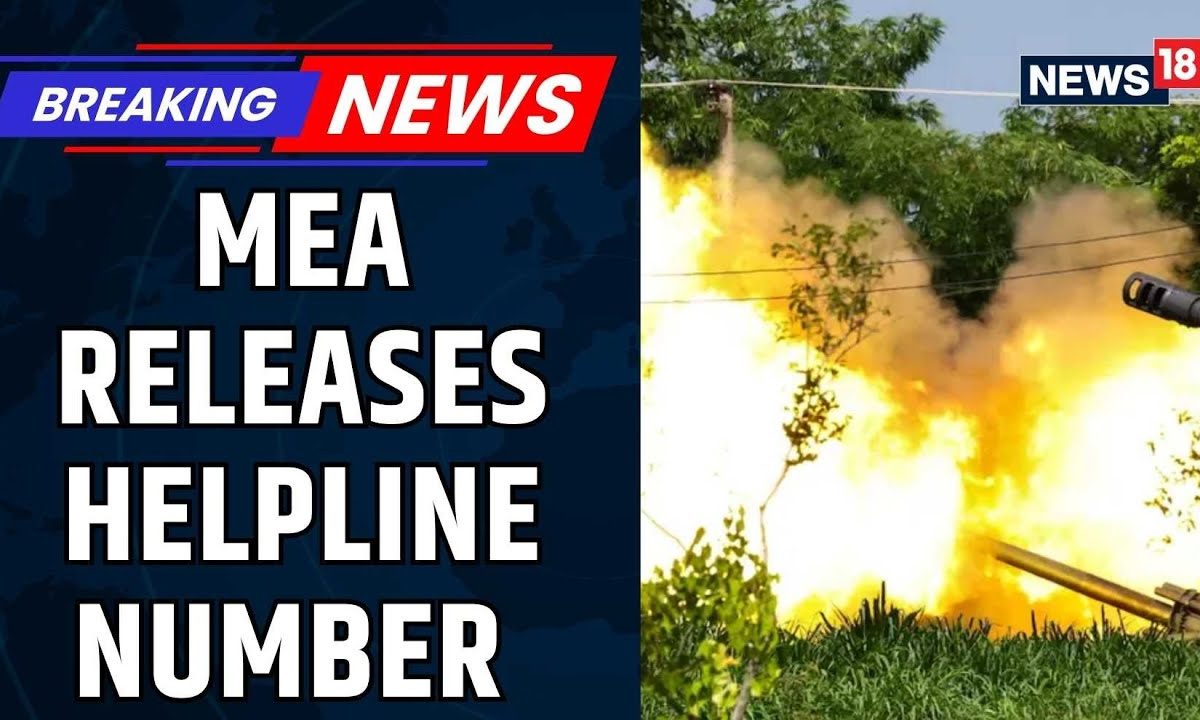

Escalating clashes between Thailand and Cambodia have prompted international concern and a flurry of diplomatic activity. The fighting, which began on July 24, 2025, marks the most intense border conflict between the two Southeast Asian nations in over a decade. Both countries are trading accusations of initiating the violence, with artillery fire, rocket launches, and airstrikes reported in multiple locations along the disputed border.
The clashes have resulted in a growing humanitarian crisis. Over 168,000 people have been displaced from their homes on both sides of the border. Civilians have been among the casualties, with reports indicating that at least 33 people, including civilians and soldiers, have died. The situation has forced many to seek refuge in temporary shelters, raising concerns about access to essential resources.
The root of the conflict lies in a long-standing border dispute stemming from colonial-era treaties. A 1907 map, drawn under French colonial rule, is at the heart of the disagreement, with Cambodia using it to support its claims while Thailand argues that the map is inaccurate. Tensions have simmered for years, escalating in recent months following a landmine explosion that injured Thai soldiers and a previous armed confrontation in May 2025.
In response to the escalating situation, the Indian Embassy in Cambodia has issued a travel advisory for Indian nationals, urging them to avoid traveling to the border areas. The embassy has provided an emergency helpline (+855 92881676) and an email (cons.phnompenh@mea.gov.in) for Indians in distress. A similar warning has been issued by the Indian Embassy in Thailand, advising against travel to seven border provinces: Ubon Ratchathani, Surin, Sisaket, Buriram, Sa Kaeo, Chanthaburi, and Trat. The Ministry of External Affairs (MEA) has stated that India is closely monitoring the situation and hopes for a swift cessation of hostilities.
The international community is mounting pressure on both sides to de-escalate and find a peaceful resolution. The United Nations Security Council held an emergency meeting to discuss the situation and urged de-escalation. The Association of Southeast Asian Nations (ASEAN) is under pressure to mediate between its two members, with Malaysia offering to facilitate talks. While a ceasefire proposal was initially put forward, reports indicate that its implementation is facing challenges.
The clashes have led to a downgrading of diplomatic relations between Thailand and Cambodia, with both countries recalling their ambassadors. Thailand has also closed its northeastern border crossings with Cambodia. The situation remains volatile, with both sides trading accusations of initiating attacks and targeting civilian areas. The long-standing dispute and recent escalations pose a significant challenge to regional stability, requiring concerted efforts from both countries and the international community to achieve a peaceful and lasting resolution.